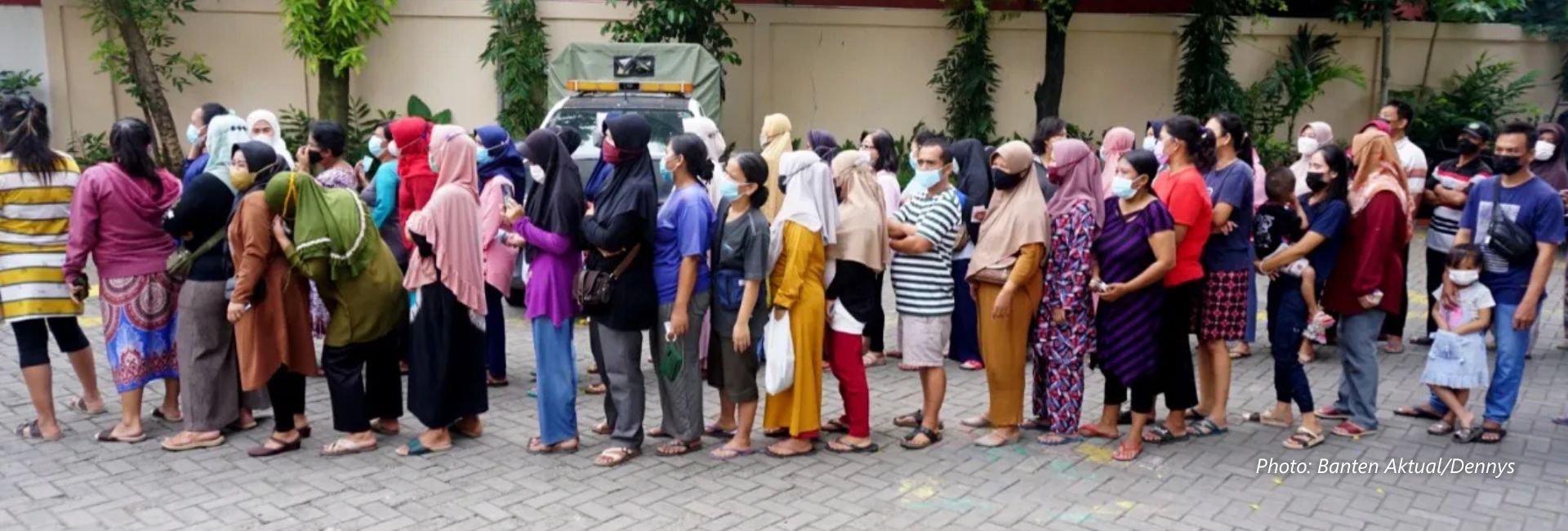Following on successes in several South American countries, Indonesia initiated its own pilot conditional cash transfer program beginning in 2007 called, Program Keluarga Harapan (PKH). The program follows a similar design to South American models in that it designates the mother (or the woman in the household) as the primary recipient of the transfer. This paper presents the findings of a qualitative study that focuses on the impact of the program on intrahousehold gender relations. lt looks at how local culture and norms interact with the program at the household and community levels and how it influences the outcomes of the program. The case study which was conducted in four villages from the two different cultural backgrounds of West Java and East Nusa Tenggara found that after two years of its implementation the program had neither affected intrahousehold gender relations nor the relative position of women within the household. Given the dominant role of the husband in decision-making related to a child’s education and birth delivery assistance; as well as his involvement in deciding on the use of the money provided by the program, it is important to involve the husband in the program as much as possible.



